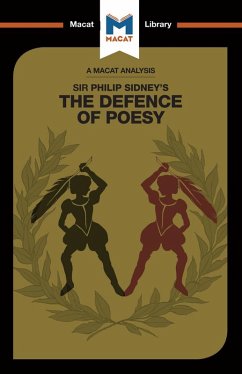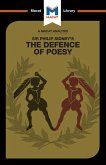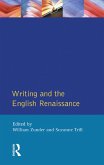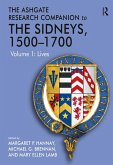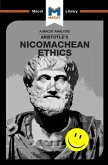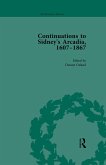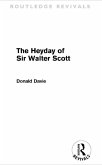The Defence of Poesy is the first major piece of literary criticism in English. Taking aim at classical authors who disparaged poetry, and contemporary critics who saw literature as a corrupting influence, Sidney foregrounds the moral force of poetry. Sidney considers the real life affects of poetry upon the reader arguing that the stories instill virtues like courage in the reader. He combines this moral argument with a discussion of the technical features like genre, metre and rhyme. The Defence of Poesy thus began a long tradition of poets writing about poetry and is a touchstone for modern poetic criticism.
Dieser Download kann aus rechtlichen Gründen nur mit Rechnungsadresse in A, B, BG, CY, CZ, D, DK, EW, E, FIN, F, GR, HR, H, IRL, I, LT, L, LR, M, NL, PL, P, R, S, SLO, SK ausgeliefert werden.

